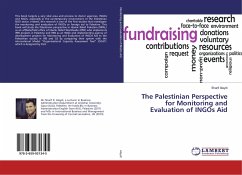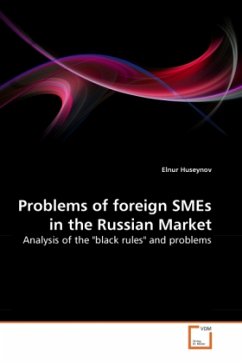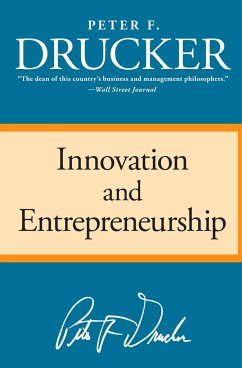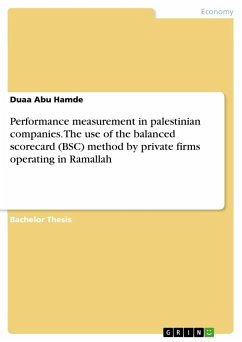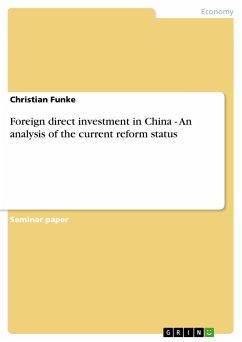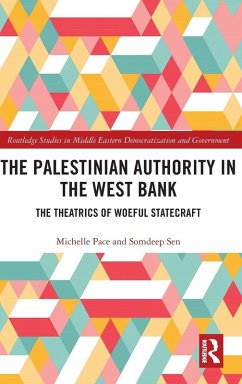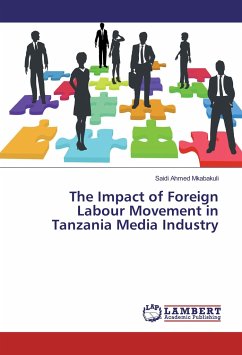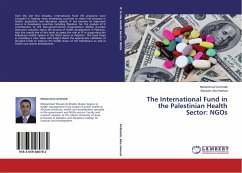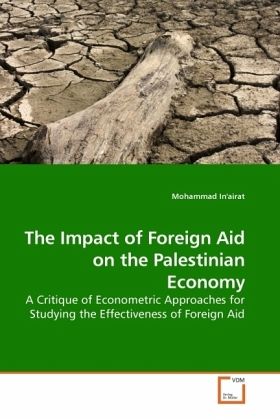
The Impact of Foreign Aid on the Palestinian Economy
A Critique of Econometric Approaches for Studying the Effectiveness of Foreign Aid
Versandkostenfrei!
Versandfertig in 6-10 Tagen
52,99 €
inkl. MwSt.

PAYBACK Punkte
26 °P sammeln!
The inability of econometric approaches to establish clear conclusions on aid effectiveness casts doubts on its appropriateness as a research methodology. The effectiveness of foreign aid needs to be understood as a dynamic and complex process that may not be appropriately explored using cross-country data and static econometric models. This is further complicated when focusing on aid effectiveness in a unique war torn economy. This thesis adopts a mixed research methodology utilizing both quantitative and qualitative approaches to explore aid effectiveness. The thesis identifies specific cond...
The inability of econometric approaches to establish clear conclusions on aid effectiveness casts doubts on its appropriateness as a research methodology. The effectiveness of foreign aid needs to be understood as a dynamic and complex process that may not be appropriately explored using cross-country data and static econometric models. This is further complicated when focusing on aid effectiveness in a unique war torn economy. This thesis adopts a mixed research methodology utilizing both quantitative and qualitative approaches to explore aid effectiveness. The thesis identifies specific conditions that influence aid effectiveness, which econometric models are unlikely to recognise. The phenomenon of the returnees , individualism, the Israeli closure policy and the Intifada are just some examples of what econometric models are unlikely to pick up on. The thesis also found that foreign aid may also depend on number of factors. The quality of governance of the recipient, donors strategic objectives and interests, and the role of occupation are just examples. A culture of corruption was found to be one of the most detrimental factors to aid effectiveness.



